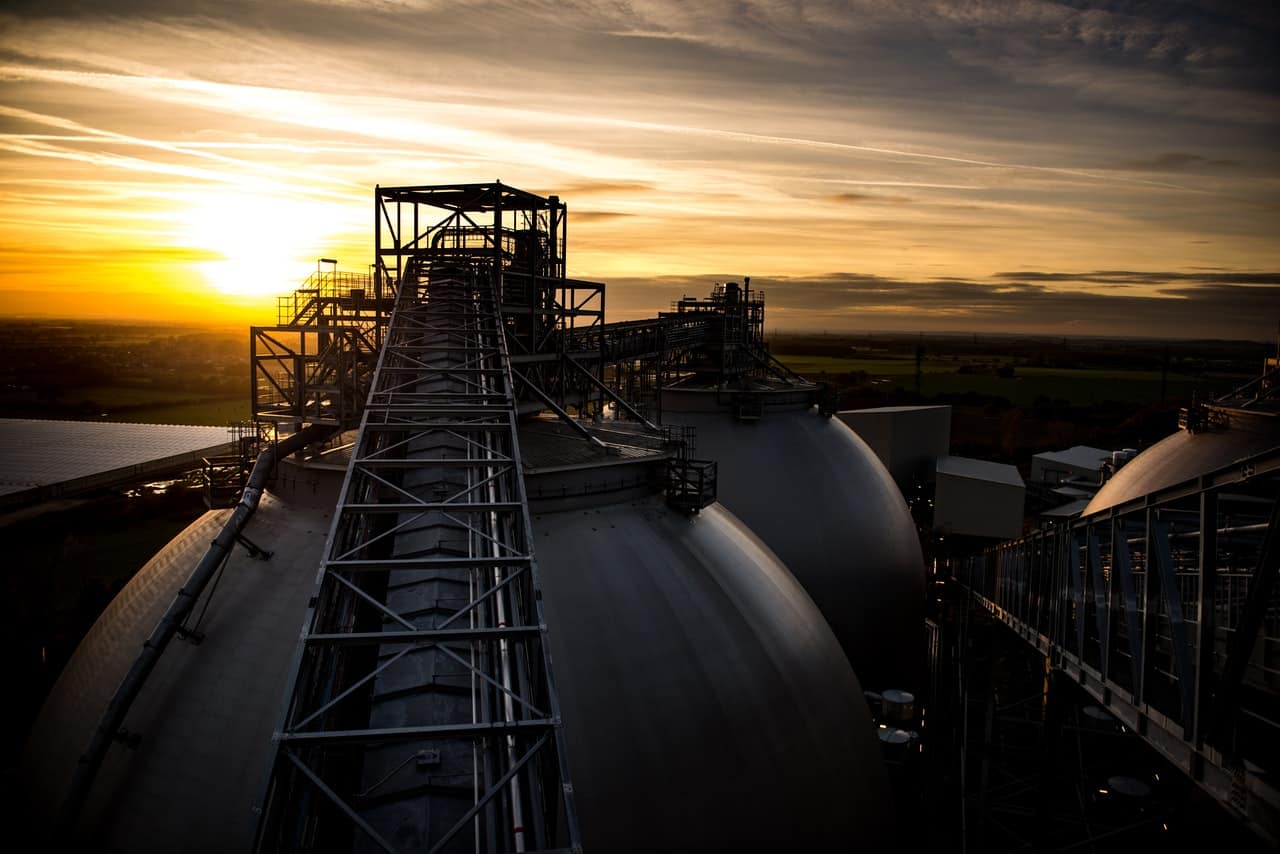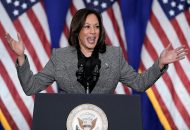As Biden Touts Budget Plan, Could a Carbon Tax Help Revive Spending Package Priorities?
COMMENTARY

President Biden’s recently released 2023 budget plan is projected to reduce the federal deficit by around $1 trillion over the next 10 years, but several of the pay-fors, including the so-called billionaire tax, remain controversial and are unlikely to garner the broad congressional support needed for passage.
Instead, the president could simultaneously move the needle on his climate priorities while raising revenue to help pay for his $5.8 trillion proposed budget through a bipartisan-backed carbon tax.
A domestic carbon tax would raise additional revenue, reduce other taxes and fully unleash the power of innovation and development in the private sector. This policy is favored by more than 45 top economists across the ideological spectrum, while the International Monetary Fund considers it “the single most powerful and efficient tool to reduce domestic fossil fuel CO2 emissions.”
Taxing carbon in the United States would finally establish a price on a substance still widely emitted in large part because the true cost of continued use has yet to be quantified in dollars and cents. Once a price is set, businesses will begin to factor carbon into their current and future business models, and thus are incentivized to find new ways to reduce their carbon emissions.
Opponents of a carbon tax typically raise budgetary constraints as a top concern, but kicking the can down the road only makes the existential and monetary threat of climate change to our planet and our species all the more real. Either now or in the near future we and our children will — whether we want to or not — be modernizing the infrastructure our grandparents built to withstand and adapt to the increasingly devastating effects of climate change.
Today, wildfires have only grown in size and severity, and this trend is no different for hurricanes, which continue to top charts as some of the most costly weather disasters recorded in human history.
Ultimately, it is a simple choice: Spend trillions to rebuild from scratch, or be proactive and invest in solutions that will both grow business and steer the American economy away from the most harmful effects of climate change.
During Biden’s budget announcement, he stressed the inclusion of “investments needed to build a better America,” and a carbon tax will go a long way to help make that a reality.
The estimated revenue from a U.S. carbon tax is $1.4 trillion over the course of the next 10 years. This new funding source would in turn cover already proposed tax incentives for research and development, as well as reduce or eliminate a laundry list of other taxes and fees, thus freeing up capital for businesses to adapt to a transitioning economy.
A carbon tax would further harness market forces to drive the physical changes we need to see in the economy, and the private sector would finally enjoy stable climate policy they can count on, as opposed to thrown together regulations many businesses aren’t prepared for.
With inflation at a 40-year high, Biden has proposed logical steps as a way to lower energy costs for Americans to the tune of $500 in energy savings per household. While others may say doubling America’s clean energy production and tax credits for weatherizing and making homes more energy efficient could strain the federal budget, a tax on carbon easily creates the means to pay for it.
Democrats hoping to pass their broad, logical package to advance climate policy would do well to add a tool that would raise revenue while at the same time speaking to the concerns of those who are hesitant to further government involvement.
A domestic carbon tax is a common-sense solution that offers a considerable, predictable funding source while at the same time acts as a pro-growth incentive to unleash the creativity of market forces.
“Win-win” is an overused term in Washington, D.C. In the case of a tax on carbon, it is absolutely appropriate.
Chuck Porcari volunteers as board chair of the Maryland League of Conservation Voters Education Fund and is a senior advisor at the American Flood Coalition. He can be reached by email here.






















